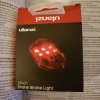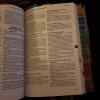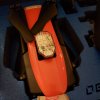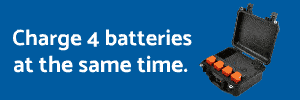This applies to daylight hours only:
H. R. 302—113
‘‘§44809. Exception for limited recreational operations of unmanned aircraft
‘‘(a) IN GENERAL.—Except as provided in subsection (e), and notwithstanding chapter 447 of title 49, United States Code, a person may operate a small unmanned aircraft without specific certification or operating authority from the Federal Aviation Administration if the operation adheres to all of the following limitations:
‘‘(1) The aircraft is flown strictly for recreational purposes.
‘‘(2) The aircraft is operated in accordance with or within the programming of a community-based organization’s set of safety guidelines that are developed in coordination with the Federal Aviation Administration.
‘‘(3) The aircraft is flown within the visual line of sight of the person operating the aircraft or a visual observer co- located and in direct communication with the operator.
‘‘(4) The aircraft is operated in a manner that does not interfere with and gives way to any manned aircraft.
‘‘(5) In Class B, Class C, or Class D airspace or within the lateral boundaries of the surface area of Class E airspace designated for an airport, the operator obtains prior authoriza- tion from the Administrator or designee before operating and complies with all airspace restrictions and prohibitions.
‘‘(6) In Class G airspace, the aircraft is flown from the surface to not more than 400 feet above ground level and complies with all airspace restrictions and prohibitions.
‘‘(7) The operator has passed an aeronautical knowledge and safety test described in subsection (g) and maintains proof of test passage to be made available to the Administrator or law enforcement upon request.
‘‘(8) The aircraft is registered and marked in accordance with chapter 441 of this title and proof of registration is made available to the Administrator or a designee of the Adminis- trator or law enforcement upon request.
i don’t think a system for number 7 is yet in
https://www.congress.gov/115/bills/hr302/BILLS-115hr302enr.pdf










